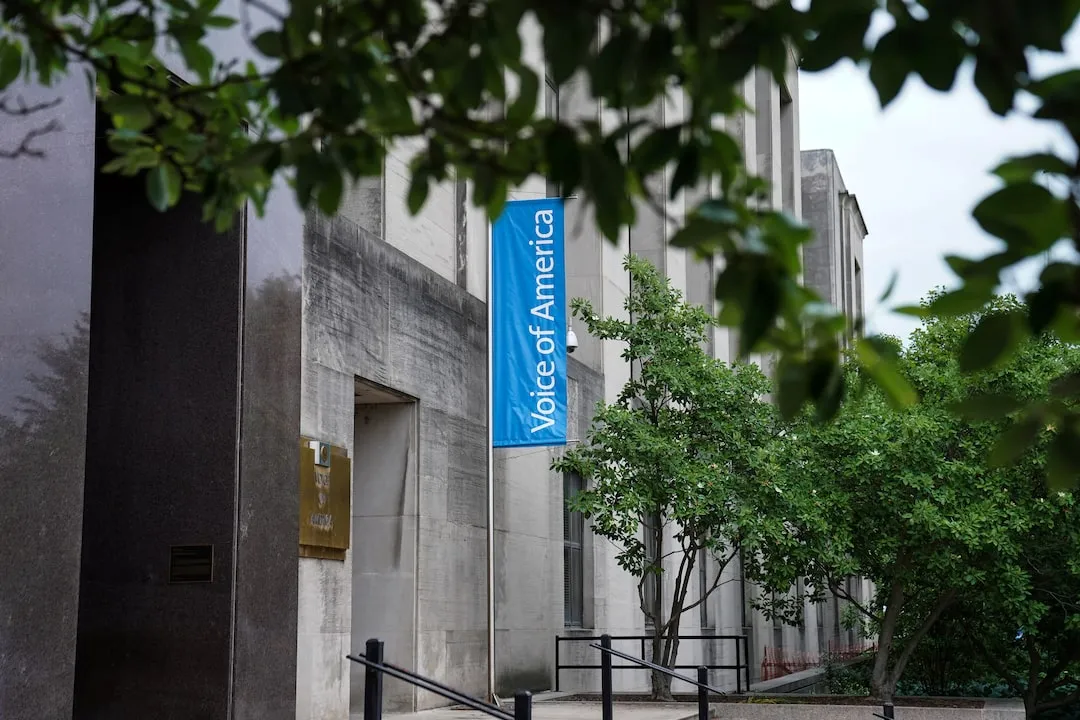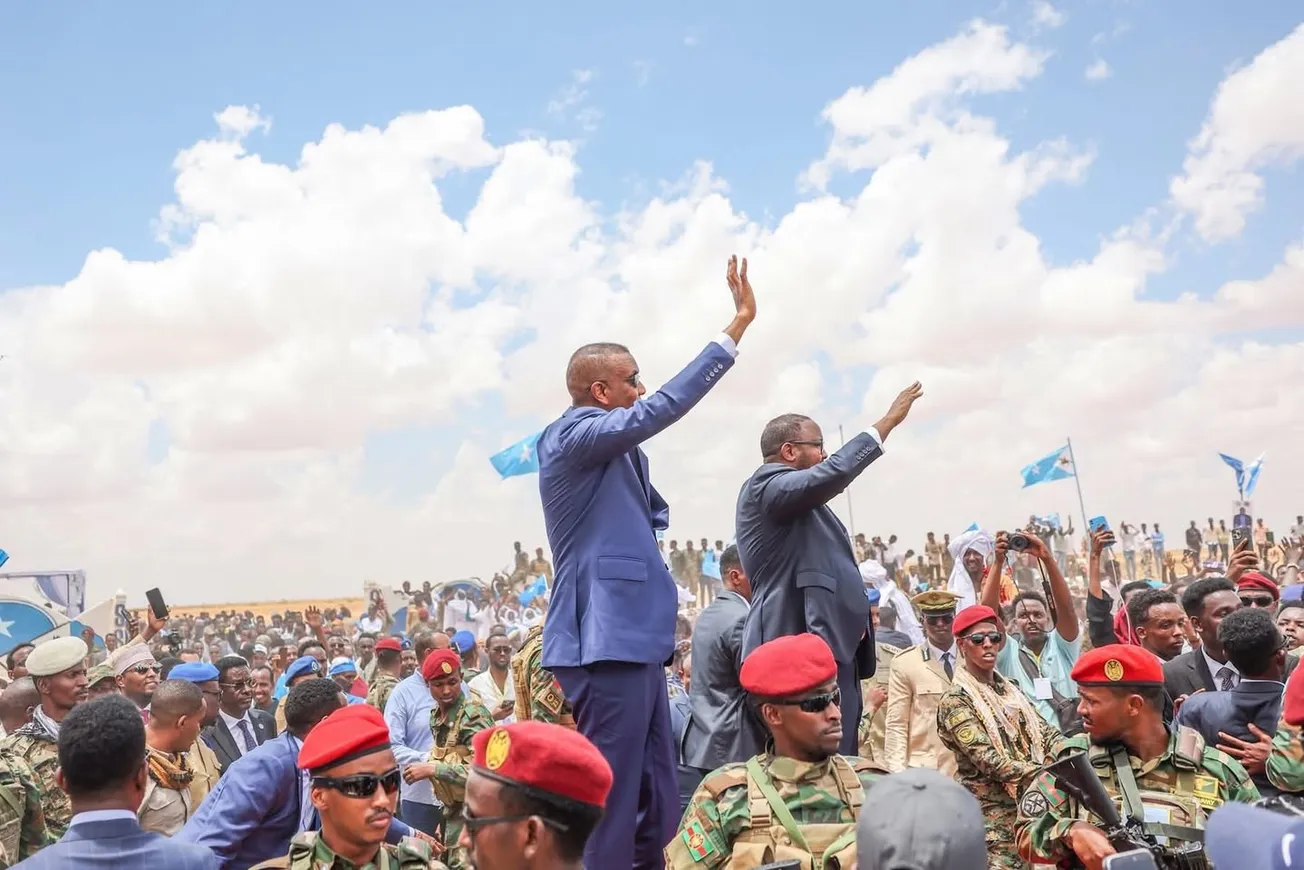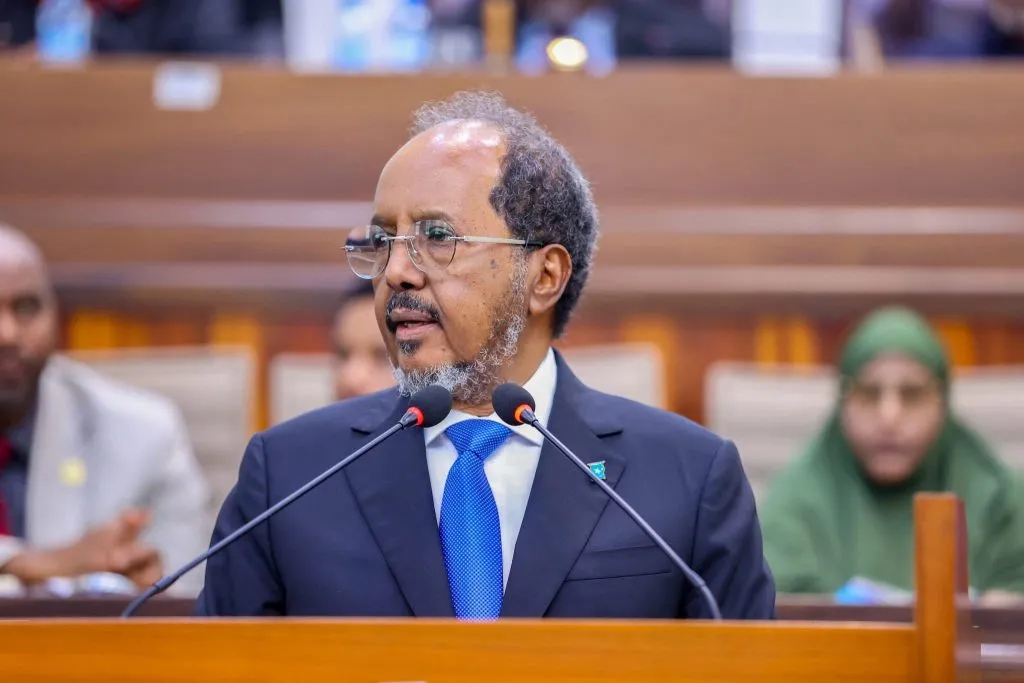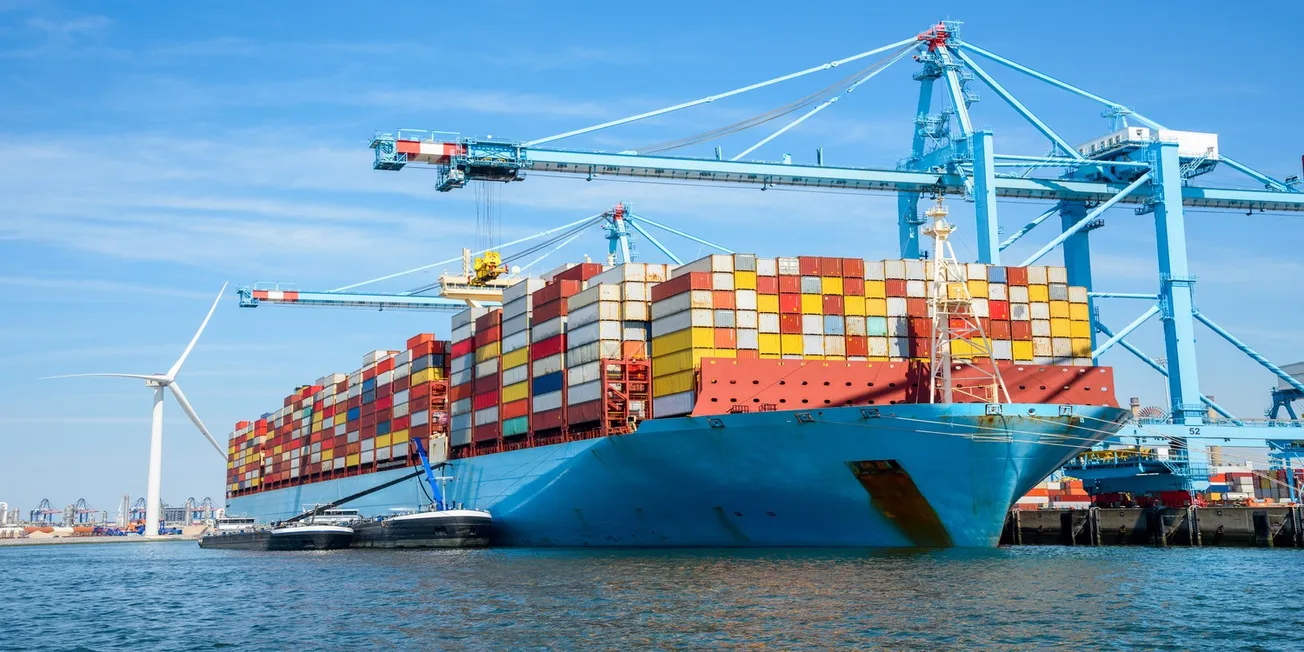Table of Contents
In a time when misinformation floods every corner of the globe, the Voice of America (VOA) stands as one of the last credible beacons of independent journalism in fragile regions. Its recent closure—or scaling back—should ring alarm bells for anyone who values global stability, reliable news, and U.S. national security. VOA’s broadcasts are often the only trustworthy source of news for people living in media-suppressed environments, particularly in countries where national media has either collapsed, been captured by armed groups, or functions as the mouthpiece of authoritarian regimes.
The importance of VOA is most evident in regions like the Horn of Africa, where national media landscapes are weak, fragmented, and often politicized. Somalia, a nation ravaged by civil war, extremist groups, and clan rivalries, illustrates what’s at stake. When VOA Somali was relaunched in 2007, it quickly became a lifeline for millions of Somalis who had no other access to professionally-run, fact-based, balanced reporting. At a time when nearly every armed faction—from warlords to Al-Shabaab and later ISIS—manipulated narratives for their own gain, VOA-Somali provided clarity in chaos.
VOA Somali did more than just broadcast news—it offered context, analysis, and a platform for alternative voices. While Somalia’s own media remains under-resourced, fragmented, and vulnerable to political pressure or violent intimidation, VOA operated independently, drawing listeners from across the political spectrum. It helped form a shared sense of national awareness, promoting informed public discourse that was previously missing. For a country like Somalia, with limited internet access and high rates of illiteracy, radio, voice and video remain the dominant source of information. VOA Somali filled that role with professionalism and neutrality.
This service was also an essential soft-power tool for the United States. America’s adversaries—whether authoritarian regimes like China and Russia or terror groups like Al-Shabaab—use propaganda to shape minds, recruit followers, and undermine U.S. influence. In Somalia, Al-Shabaab runs its own radio stations that pump out extremist ideology and anti-Western rhetoric. Meanwhile, state-backed broadcasters like Russia’s Sputnik or China’s CGTN are increasingly targeting African audiences with narratives crafted to weaken trust in Western democracies.
VOA served as a counterweight to this tide of disinformation. It was not just broadcasting news—it was defending truth in an information war. In Somalia, where America has invested heavily in counterterrorism and regional stabilization since 2007, shutting down VOA Somali is akin to handing the loudspeaker over to America's enemies. It risks creating a dangerous vacuum in which extremist propaganda, conspiracy theories, and foreign state disinformation can thrive unchecked.
The impact of VOA’s silence is immediate and far-reaching. Close to 30 million Somali language speakers across the Horn of Africa now face a void in reliable information. This includes populations in Somalia, Djibouti, northeastern Kenya, and parts of Ethiopia, where local media is either underdeveloped or dominated by political narratives. Without VOA, these communities are left to navigate a chaotic information environment, vulnerable to lies and manipulation from terrorist groups and rival states.
VOA's presence has also helped the U.S. communicate its values, intentions, and programs to local populations. Whether it was explaining U.S. humanitarian efforts, counterterror operations, or diplomatic policy, VOA helped bridge the understanding gap between Washington and one of the most misunderstood regions on earth. Losing this bridge undermines not just public perception but also U.S. credibility.
Maintaining VOA is not charity—it’s national security. It’s about ensuring that America continues to lead the global conversation with truth and transparency. If the United States is serious about supporting freedom, fighting terrorism, and competing with global rivals, it must keep VOA open—not just for journalists or policymakers, but for the millions who still rely on it as a trusted source.






